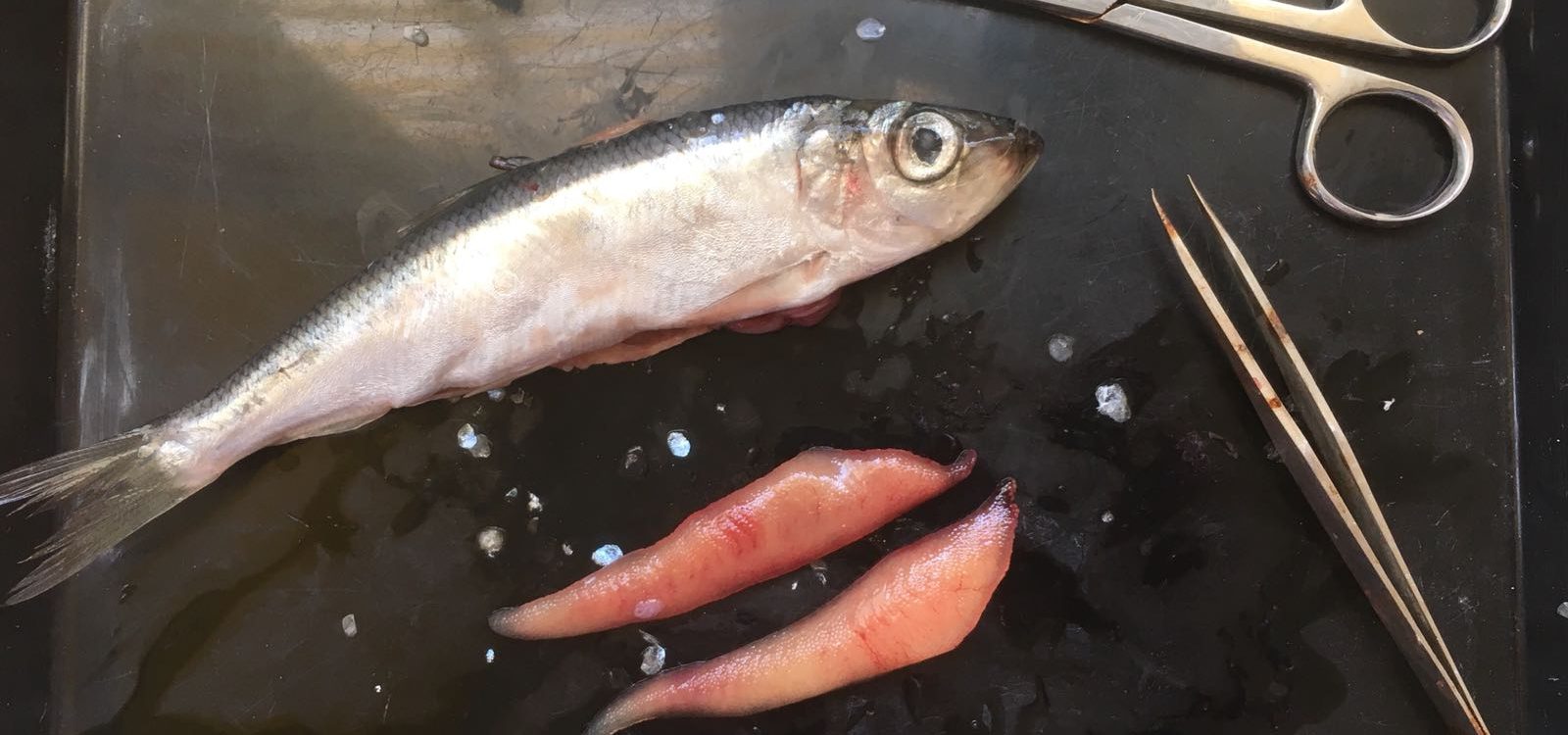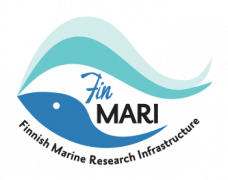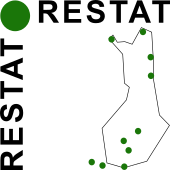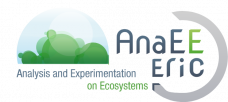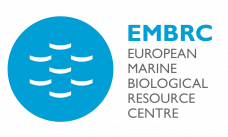Research
The Archipelago Research Institute is actively engaged in multidisciplinary research of the Baltic Sea, with a particular emphasis on the northern Baltic Archipelago Sea. For more detailed information on our research programs, projects, and publications, please delve into the provided resources.
Long-term Environmental and At-Sea Monitoring
The Archipelago Research Institute (ARI) has been actively engaged in environmental and at-sea monitoring on Seili Island since 1966. Collaborating with numerous stakeholders, these long-running monitoring programs have generated extensive datasets that span over half a century. These invaluable time series datasets are readily available to researchers, offering a wealth of information for studies related to climate-induced environmental changes in the northern Baltic ecosystem.
>>Explore Metadata of Currently Running Monitoring Programs
>>Access Online Data on Water Quality
We encourage researchers and students to utilize these datasets to advance our understanding of the dynamic environmental processes in the northern Baltic region. If you require additional information or assistance regarding these monitoring programs, please contact us.
Research projects
Research projects of the Archipelago Research Institute
The majority of the current research projects at the research station are related to understanding the effects of climate change and other human stressors in the Baltic Sea environment.
Earlier research projects are listed in the Institute’s collected publications and collected reprints.
Here are a few examples of research projects, conducted at the Archipelago Research Institute:
Baltic herring research
The primary focus of the Baltic Herring Research Project revolves around understanding the reproductive biology of Baltic herring (Clupea harengus membras) and the myriad processes and factors that influence small pelagic fish in the Baltic Sea. The research started at the University of Turku in the beginning of the 1980s. Since then, the research has continued in the form of several scientific and monitoring sub-projects, which have been carried out in the northern Baltic Archipelago Sea area and especially in the vicinity of the city of Turku (Finland) where we find some of the most critical reproductive areas for herring.
Read more about the projects on the Herring Project’s webpage.
Habitat Selection and the Prevalence of Tick-Borne Diseases (Lyme Disease and Tick-Borne Encephalitis) in Ixodes Ticks of the Archipelago Sea
The research project aims to investigate the occurrence and frequency of the most common tick species, Ixodes ricinus, in Finland. The aim of the project has been to identify the preferred habitats of ticks and the associated environmental conditions during the summer season. Furthermore, the project conducts PCR analyses to examine the developmental stages of ticks, enabling more accurate identification (barcoding) of tick species. Additionally, this analysis will help identify potential carriers of Lyme disease (Borrelia burgdorferi s.l.) and tick-borne encephalitis.
This study is a collaborative effort involving the Section of Ecology (Department of Biology), Zoological Museum (Department of Biodiversity), and the Faculty of Medicine at the University of Turku.
For more information about the project, please visit the ‘Ticks in Southwest Finland’ website.
The future of the Baltic Sea and us: the effects of climate change to the Baltic Sea pelagic ecosystem
The purpose of the project is to provide information on ecological and biochemical changes that can be expected in the Baltic Sea pelagic ecosystem if the current sea stagnation continues and/or climate change is progressing to increased precipitation in the Baltic watershed area.
The study is conducted in cooperation with Food Chemistry and Food Development, University of Turku.
Prevalence and ecological impact of zoosporic parasites on harmful cyanobacterial blooms in the northern Baltic Sea
The collaborative study aims to elucidate the impact of zoosporic parasites on harmful cyanobacteria bloom dynamics in the Baltic Sea. The research focuses on characterizing the species capable of infecting cyanobacteria and quantifying the prevalence of these infections on key cyanobacteria species to assess the biomass infected by zoosporic parasites. Additionally, it explores how parasite infections may increase the sedimentation rate of cyanobacteria, affecting the dynamics of harmful blooms. The study also examines the spatio-temporal distribution of zoosporic parasite resting spores to enhance our understanding of their persistence in the Baltic Sea ecosystem.
The project is related to a master thesis project at the University of Turku (Department of Biology), supervised by Academy Research Fellow Silke van Den Wyngaert and senior researcher Katja Mäkinen.
Contact person: Silke Van den Wyngaert
More information: https://uglylab.science/
Nanoplastic research
The Archipelago Research Institute launched its nanoplastics research in November 2021. Nanoplastics, which are even smaller than microplastics, are believed to have spread extensively throughout our environment. The institute studies the distribution of nanoplastics in the Archipelago Sea and participates in international collaborative projects, including those focusing on the Arctic Ocean. Learn more about the nanoplastics research on the project’s dedicated webpage: https://sites.utu.fi/nanoplastic/en/
Contact: Arto Hiltunen, Jari Hänninen
Collected publications
Lists of publications conducted or contributed by the Institute over the years:
Statistics of provided or contributed publications at Seili in 1950-2029
2017, 2016, 2015, 2014, 2013, 2012,
2011, 2010, 2009, 2008, 2007, 2006,
2005, 2004, 2003, 2002, 2001, 2000,
All publications are listed also in the Institute’s collected publications and collected reprints.
SEILI Archipelago Research Institute Publications -series
Selected examples of publications with the SEILI Archipelago Research Institute Publications series:
Rajasilta, M. & Vuorinen, I. 2008. Identification manual for northern Baltic Sea zooplankton species (In Finnish). SEILI Archipelago Research Institute Publications 5. 66 s. ISBN 978-951-29-3829-2. Pdf.
 Hänninen J., Toivonen R., Vahteri P., Vuorinen I., Helminen H. 2007. Environmental factors shaping the littoral biodiversity in the Finnish archipelago, northern Baltic, and the value of low Biodiversity. SEILI Archipelago Research Institute Publications 4. Pdf.
Hänninen J., Toivonen R., Vahteri P., Vuorinen I., Helminen H. 2007. Environmental factors shaping the littoral biodiversity in the Finnish archipelago, northern Baltic, and the value of low Biodiversity. SEILI Archipelago Research Institute Publications 4. Pdf.
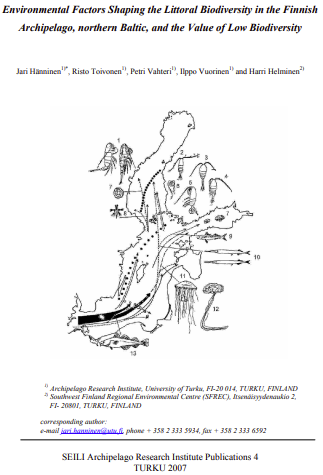
Rajasilta, M., Eklund, J., Laine, P., Jönsson, N., Lorenz, T.2006. Intensive monitoring of spawning populations of the Baltic herring (Clupea harengus membras L.). Final report of the study project ref. No 96-068, 1997-1999. SEILI Archipelago Research Institute Publications 3. ISBN 951-29-3047-1. Report (pdf).
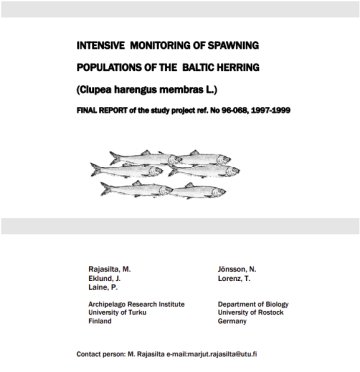
Theses provided or contributed by the Institute
Theses provided or contributed by the Institute:

